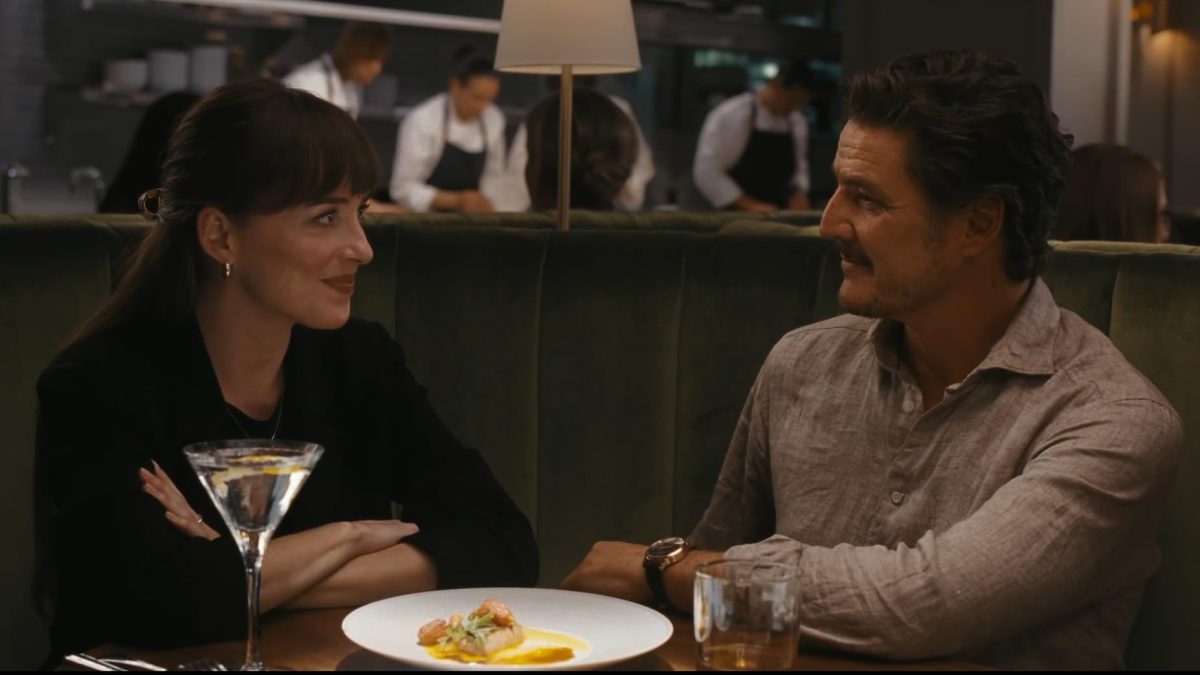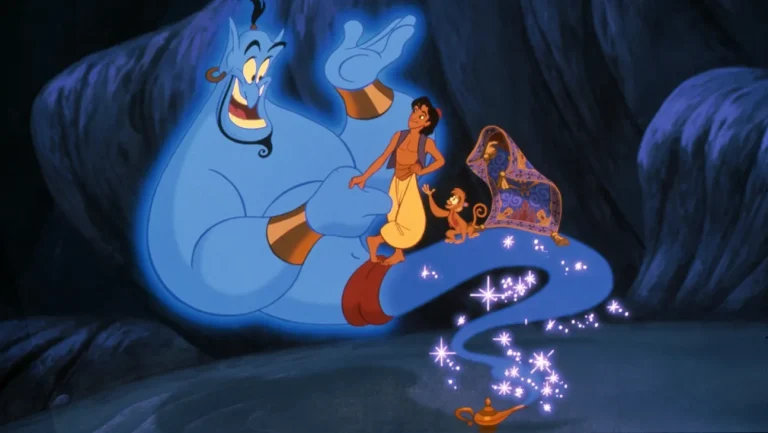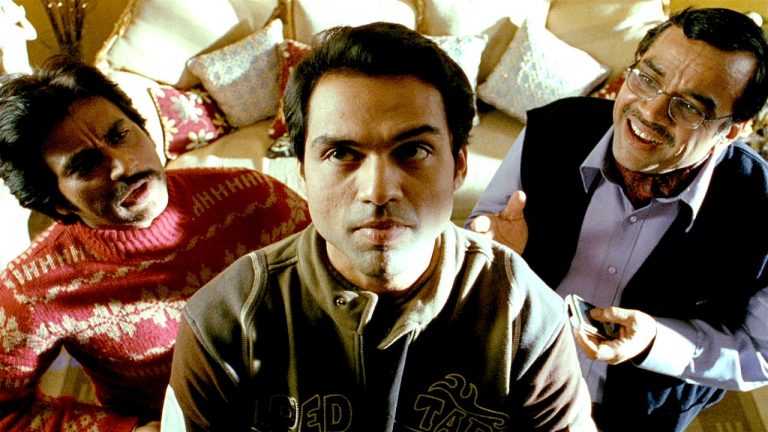How foolish one must feel to doubt Celine Song. After the initial buzz surrounding her semi-autobiographical debut “Past Lives” risked setting us up for a schmaltzy American indie just begging for awards on the festival circuit, the end result proved nothing less than a quietly devastating piece of the shattered existences we all feel ourselves to be living—a modest but shattering selection of the questions we ask about who we should be and who we should be with. With those expectations firmly obliterated, we then waited patiently for Song to follow up that unassuming first feature, and she came to us with… a standardly structured romantic comedy?
Once more, Song chooses to humbly subvert our foolish preconceptions, for while “Materialists” is certainly indebted to the rom-com tropes of yesteryear, this sculpture of romance in the modern day is one chipped at all times by the sharpened cynicism of a dating scene marred by unreasonable expectations and the shadow of superficiality. Which may not seem like much of a conclusion in 2025—would Song care to don some Joker makeup and expound more on the hardships of Society™?—but what “Materialists” has to offer, on the fronts of both genuine romance and the desperation that lies beneath, is always played straight, and always firm in the realization that today, one side simply does not (or cannot) exist without the other.
Lucy (Dakota Johnson) occupies this nebulous space of romance-as-currency as a successful matchmaker living in New York City. A professional whose clinical approach is masked with an air of sincere reverence for the algorithmic number-crunching that composes her process, it doesn’t take long to realize that Lucy’s almost robotic adherence to the lifeless task of finding life partners is one in which she herself has total faith. So fervent is this calculating awareness, in fact, that Lucy is more than skeptical that the advances of Harry (Pedro Pascal), an obscenely wealthy but endlessly kind (and attractive) businessman, will actually amount to anything of substance when the two of them, clearly, are not a match by her own metrics.

Harry is, by Lucy’s definition, a “unicorn”—an almost cartoonishly perfect, 10/10 dating prospect who fills out every checklist when it comes to looks, wealth, personality and everything in between—which puts their burgeoning romance at odds with Lucy’s longtime friendship (and former courtship) with broke theater actor John. Even though John is played by Chris Evans, his humbling circumstances—a caterer-by-day, actor-by-night who still rents a shitty apartment with two roomates despite the fact that he’s pushing 40—complicates Lucy’s prospect of anything long-term, but nothing does so quite as much as the continued assertion that she is the one who may not be good enough for him.
Also Read: Celine Song’s Top 10 Films of All Time
It’s precisely this confluence of self-loathing in a milieu entirely fueled by self-promotion that makes Song’s grasp of the dejection lying just below the bubbly tropes so entirely tangible. From the first moment Lucy launches into one of her assured sales pitches—“You don’t have to believe it, because I do”—it’s clear that the world of “Materialists” can only grasp the idea of true romance when propped up by the same calculated maintenance of a flashy sports car. As Lucy herself puts it, her job as a matchmaker is not all that different from the dispassionate observation that defines a mortician or an insurance broker.
As is true of most classic rom-coms, “Materialists” rides high off the strength of its casting, but even then, Song is working in her own register. The choice of Johnson, former “Fifty Shades of Grey” headliner, as the centerpiece of a love triangle appears rather like the sort of safe calculation that Lucy herself might make were she a film executive rather than a romance-peddler, but the actor’s distinctly airy and subconsciously sarcastic delivery—the very same that made “Madame Web” the modern masterpiece we all remember it to be—enables every one of her cold pitches to read like the personification of a Tinder app description.

It should also be said, in this respect, that the other two points of this love triangle fit perfectly, mainly because of their halfway adherence to the archetypes they’re asked to fulfill. Casting Pascal as the suave, inhumanly perfect prospect–while it may be difficult to remember a time when he wasn’t the internet’s favorite thirst subject, lest we forget he got there by appealing to the public as an endlessly affable sweetheart—works just as well as the casting of the artist formerly known as Captain America as the lowly, humble competitor. (For his part, Evans can finally add a second good post-“Endgame” film to his repertoire following “Knives Out.”) Despite the inherent opposition of their dynamic, though, neither of these men is dragged down by clichéd writing meant to bolster one while hampering the other to serve an overworked blueprint.
This very dichotomy between the personalized touch that this service purports to offer and the very same internet-ready analysis that supposedly makes it successful lies at the heart of Celine Song’s accepting disgust with the current dating landscape. Still, “Materialists” remains sincere in its desire to find some shred of connection between its leads, to the point where the film never reads as a cynical “anti-rom-com” despite its own overlying cynicism; rather, Song, in her effort to always let the silences between solemn conversations do the most talking, appears to have more respect for Lucy’s truth than she has in herself, proposing that acknowledging the dire landscape of love shouldn’t be tantamount to abandoning it altogether. As with “Materialists” itself, a little candor is always a welcome first step towards the aisle… or the eventual annulment that may follow.




![Personal Shopper [2016] – An Imaginative Examination of Grief and Personal Identity](https://79468c92.delivery.rocketcdn.me/wp-content/uploads/2017/04/Personal-Shopper-Kristen-Stewart-768x442.jpg)

![The Criminal Man (Borotmokmedi) [2019]: ‘Venice’ Review – Making A Murderer](https://79468c92.delivery.rocketcdn.me/wp-content/uploads/2019/09/borotmokmedi-The-Criminal-Mind-2019-Venice-768x512.jpg)

